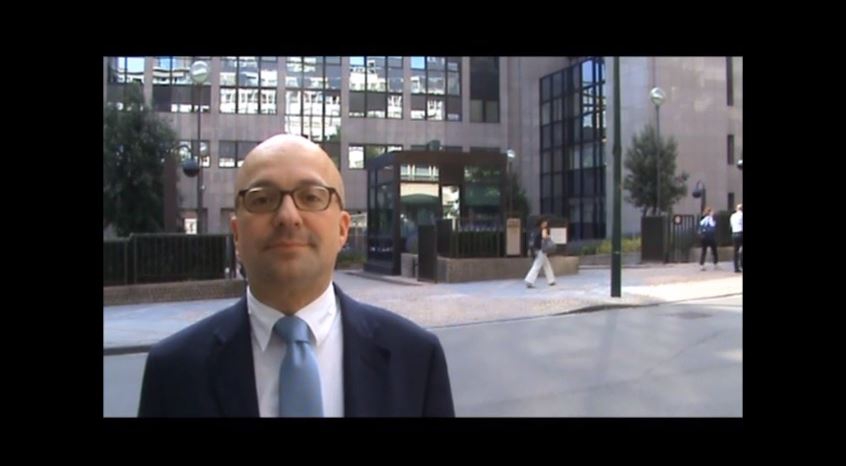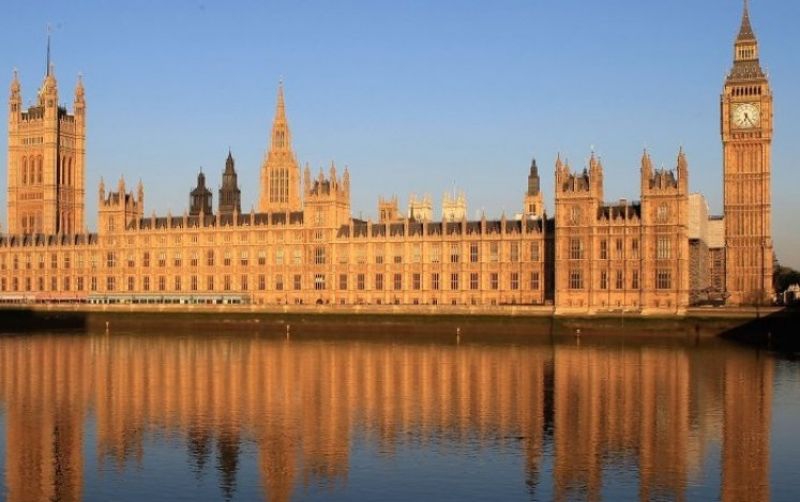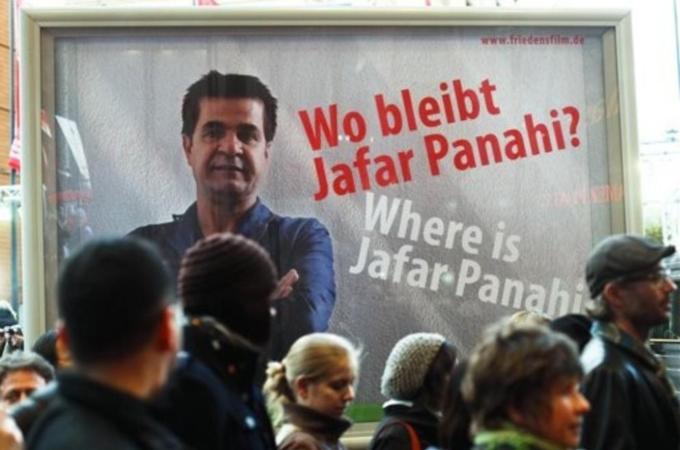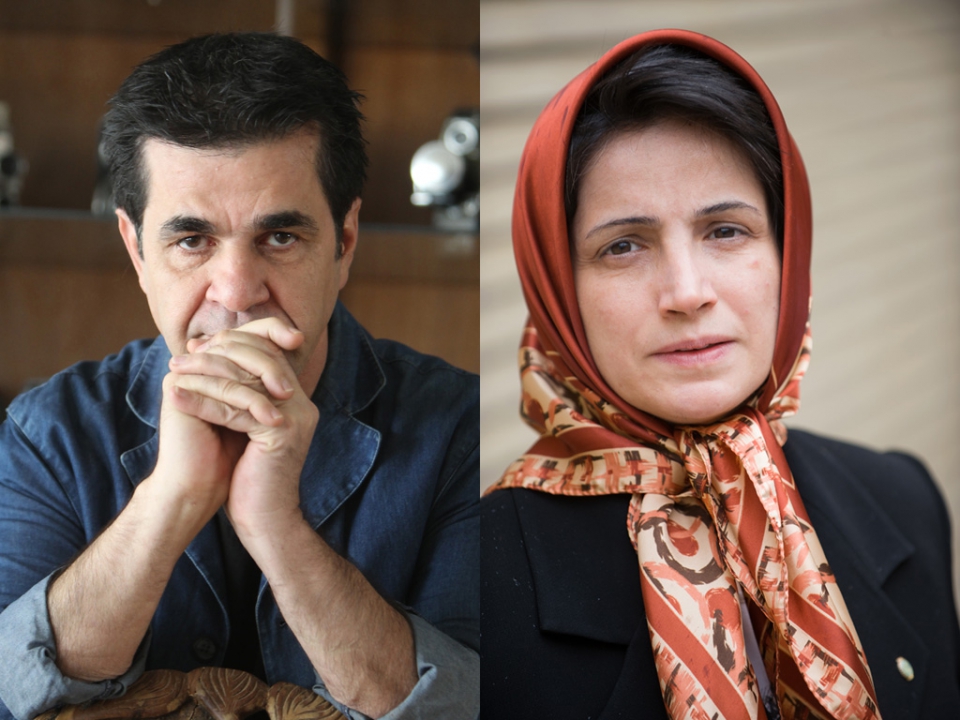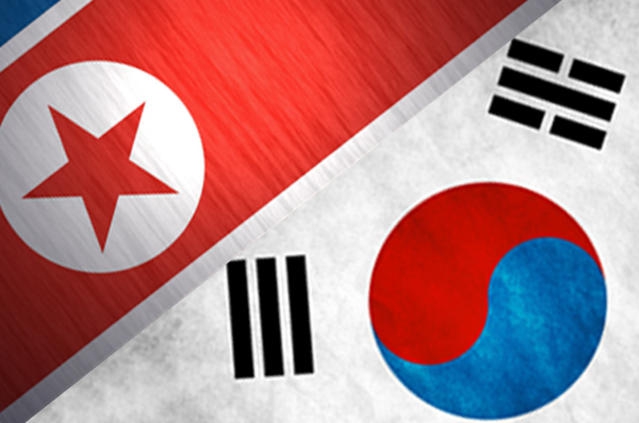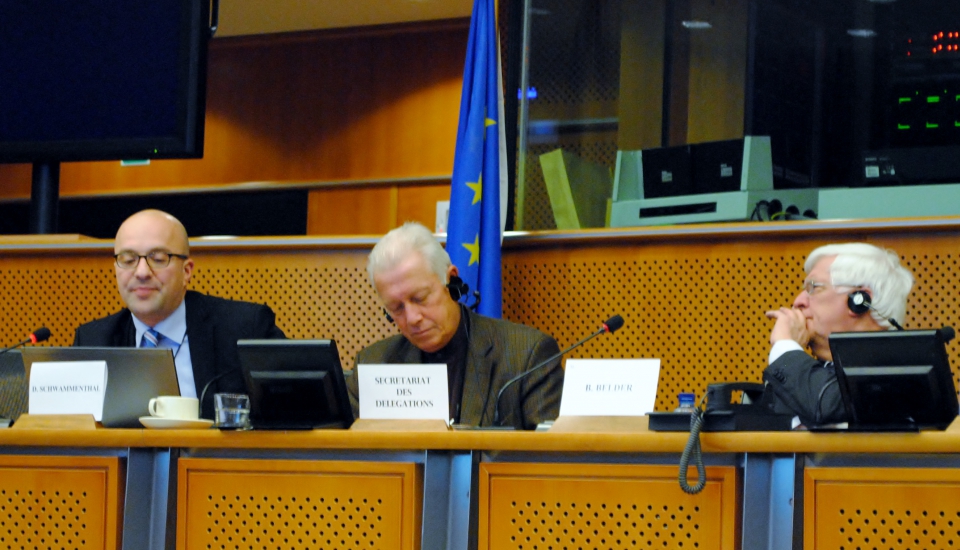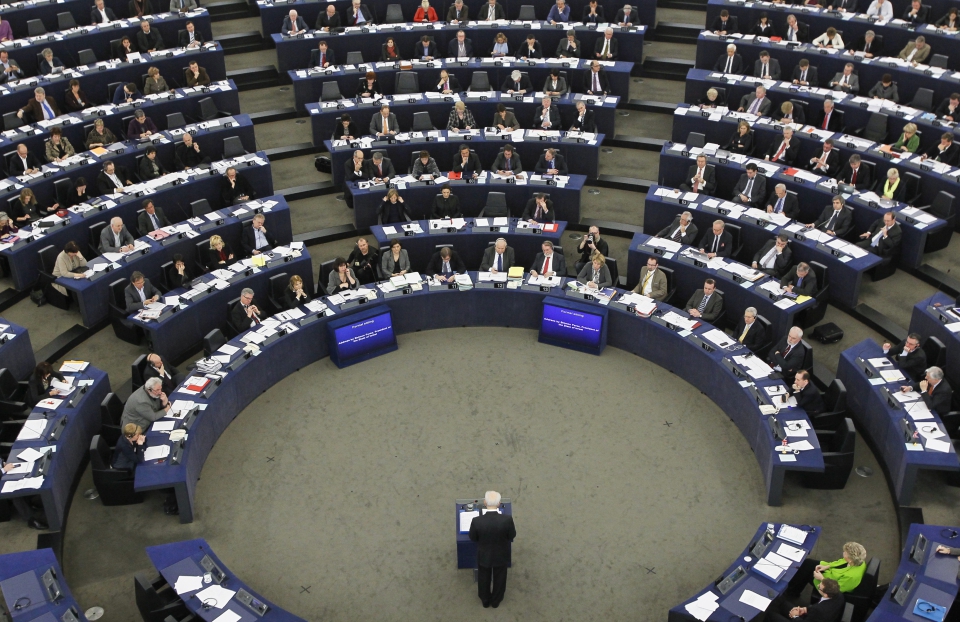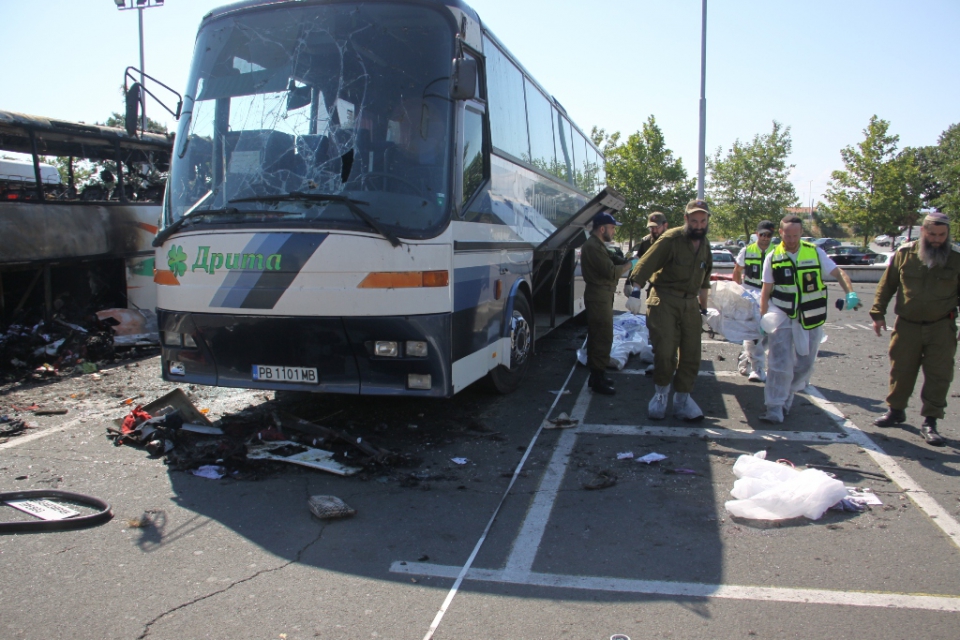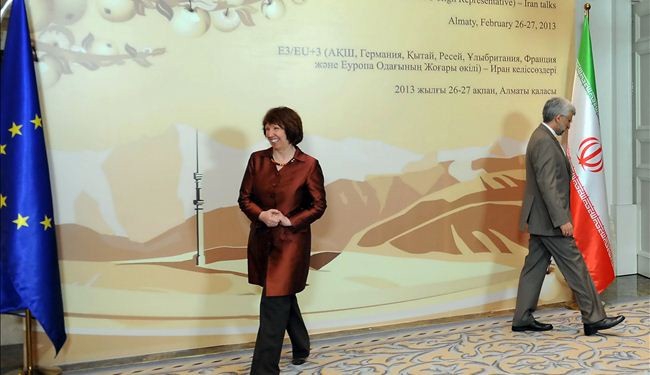Analysis
Brussels's Hezbollah Blinders
By Daniel Schwammenthal
The Wall Street Journal Europe
When terrorists struck in Bulgaria last month, killing five Israeli tourists and a Bulgarian bus driver, Jerusalem immediately accused Hezbollah and its Iranian paymasters of the crime. Tehran and Hezbollah, as always, denied it. But no matter who carried out this atrocity on European Union territory, the EU's continued refusal to put Hezbollah on its terror list is simply indefensible.
Not designating the group as a terrorist organization gives the pioneers of Islamist suicide bombings the opportunity to organize, recruit and raise funds throughout the Continent. There are about 950 Hezbollah members and supporters in Germany alone, according to Berlin's domestic intelligence service. Hezbollah has also sent operatives from Europe to Israel for terror attacks Placing the group on the EU's terrorist list would allow authorities to freeze Hezbollah assets and increase cross-border cooperation in fighting their crimes. Raising or providing funds for Hezbollah terrorists within EU territory would become a criminal offense.
Police and judicial authorities would have greater powers to work with their colleagues in other member states, for example in sharing evidence or information about movements and activities of Hezbollah operatives. Law enforcement agencies would also have more possibilities to investigate and curtail Hezbollah activities in the EU, such as by suppressing the recruitment of new members. When Israeli Foreign Minister Avigdor Lieberman last week urged Europe to finally do the right thing, the foreign minister of Cyprus, which currently holds the rotating EU presidency, had the unenviable task of having to enunciate the EU's incomprehensible position: "Should there be tangible evidence of Hezbollah engaging in acts of terrorism, the EU would consider listing the organization," Erato Kozakou-Marcoullis said during a joint press conference in Brussels.
Can there really be any reasonable doubt among EU officials about the true nature of Hezbollah? Back in 1983, 58 French peacekeeping troops alongside 241 U.S. marines were butchered in Hezbollah suicide bombings in Beirut, followed by the bombing of the U.S. Embassy in the Lebanese capital, according to U.S. officials. Argentina accused the group of killing 85 people in the 1994 bombing of a Jewish community center in Buenos Aires, underscoring its global reach. Hezbollah also supports organizations that are already on the EU terrorist list, such as Hamas.
In addition, Syrian regime defectors have revealed that thousands of Hezbollah men (and Iranians) are in Syria as "military consultants" for President Bashar Assad, keeping themselves busy killing protestors. They supplied the same murderous services to Iran to put down the 2009 "Green Revolution." And for decades Hezbollah has terrorized hundreds of thousands of Israeli civilians, indiscriminately raining missiles on men, women and children, murdering scores in the process.
This is why the U.S., Canada and Australia, as well as the Netherlands and the U.K.—two EU "renegades"—have already added Hezbollah to their terror lists. Likewise, the European Parliament passed a resolution in 2005 by a vote of 475 to eight, stating "that clear evidence exists of terrorist activities by Hezbollah. The [EU] Council should take all necessary steps to curtail them." That the EU still hasn't done so must be due to a lack of political will, rather than a lack of evidence. Hezbollah is "an organization that comprises a political party and a social services network as well as an armed wing," Ms. Kozakou-Marcoullis said last week, recounting official EU policy. "Hezbollah is active in Lebanese politics, including the parliament and the government, and plays a specific role with regard to the status quo in Lebanon."
Let's have a quick look at that "specific role." Last year, the United Nations tribunal investigating the 2005 assassination of former Lebanese Prime Minister Rafik Hariri issued arrest warrants for four Hezbollah members for carrying out the truck bombing that killed Hariri and 22 other people. In 2008, Hezbollah took over Western Beirut in what the government at the time called a "bloody coup." In the ensuing fighting, about 100 people, many of them civilians, were killed. Is this really the sort of "status quo" the EU wants to continue validating? Created and funded by Tehran, Hezbollah serves the interest of the two most oppressive regimes left standing in the region: Iran and Syria.
How does this square with the EU's "New Strategy for a Changing European Neighborhood," which promises Arabs that their "struggle for democracy, dignity, prosperity and safety from persecution would be supported by Europe?" The artificial distinction between Hezbollah's "armed wing," as the EU so delicately puts it, and the organization's "political" or "social" activities is meaningless. Hezbollah is a terror group to its core. Even when pretending to play the political game, it doesn't operate like a democratic party but like the terrorist gang it is, intimidating voters and murdering and torturing rivals to advance the interests of Tehran and Damascus.
By adding Hezbollah to its terror list, the EU could thus simultaneously strike a blow against international terrorism and for Arab democracy. It would not only undercut its fundraising but also its claims for respectability. The EU's continued engagement with Hezbollah confers on the group undeserved international recognition, which helps it to sell its terror as "resistance" and its service to Tehran as legitimate Lebanese politics.
By naming and shaming Hezbollah, the EU would help isolate it, diminishing its attraction both at home and abroad. Hezbollah Secretary General Hassan Nasrallah himself said a few years ago that such a move would "destroy" the organization as "[t]he sources of our funding will dry up and the sources of moral, political and material support will be destroyed." Europe has the power and moral obligation to finally facilitate this destruction.
Mr. Schwammenthal is director of the AJC Transatlantic Institute in Brussels.
